

Ibn Battuta (1304-1368), a Moroccan-born Muslim scholar and adventurer, traveled 75,000 miles across Africa, the Middle East, India and Southeast Asia, helping spread Islamic culture. For 29 years, he explored these lands (or Dar al-Islam) on foot. He put his stories and observations into a travel book, called a “rihla,” meaning “voyage” in Arabic, which helped shed light on the rich social, cultural, and political history of the Muslim world. In this lesson we focus on Ibn’s last journey, along the West African gold/salt route, down to Mansa Musa’s legendary capital of Timbuktu.
Watch the Trailers
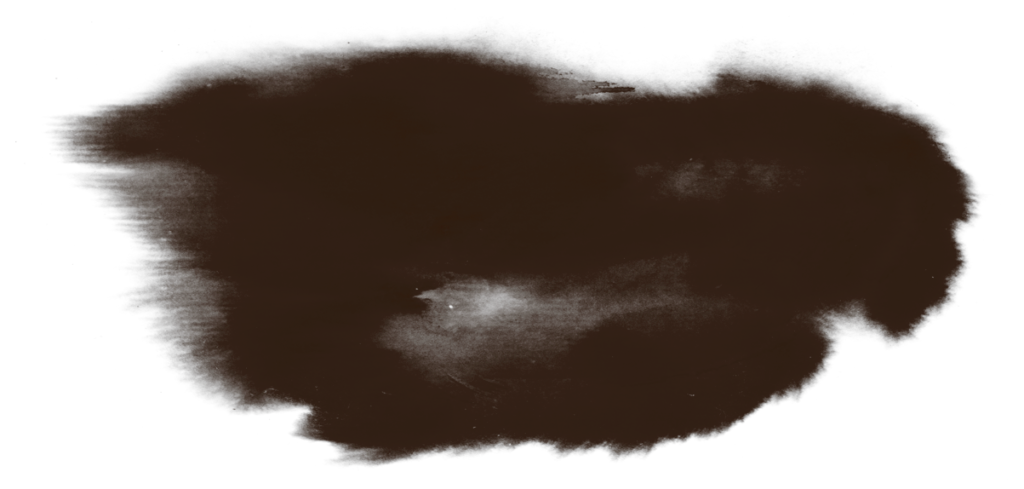
Who lives sees, but who travels sees more.
– Ibn Battuta
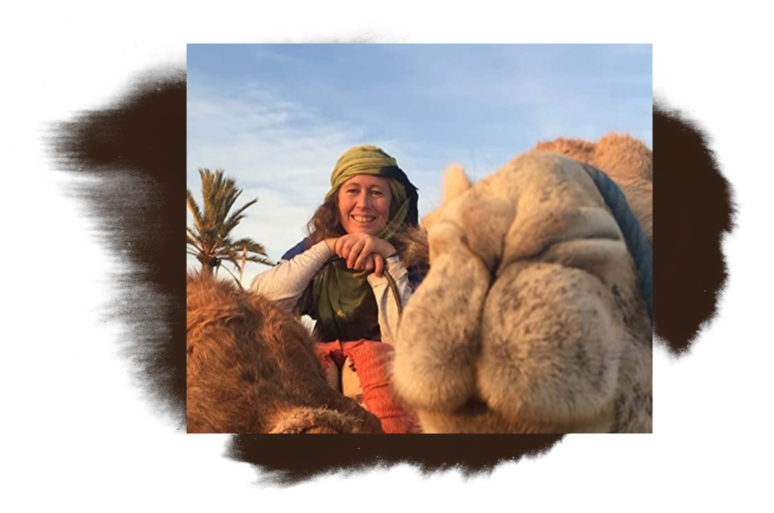
Alice Hunter Morrison
Adventurer, TV Presenter, and Author
Alice Hunter Morrison is an adventurer, TV presenter, and author, currently based in the High Atlas Mountains of Morocco. A Scot, she was brought up partially in Africa and went on to study Arabic and Turkish. After a career at the BBC, in mid-life she changed course. She cycled 12,000 kms from Cairo to Cape Town on the Tour D’Afrique, the longest bike race on earth, coming in 3rd place for women. She is the first woman to walk the length of the Draa Valley in Morocco: 1,500 kilometers with 3 Amazigh guides and 5 camels. Other adventures include taking on the notorious Marathon des Sables, running round Everest, and achieving a world first – the Atlas to Atlantic.
Her books include My 1001 Nights, Dodging Elephants, Walking With Nomads, and Morocco to Timbuktu, which had an accompanying BBC TV series by the same name. It is this journey, along the ancient Gold/Salt Roads down to Mansa Musa’s legendary city of gold, Timbuktu, that is highlighted in our complete unit, In the Footsteps of Ibn Battuta.
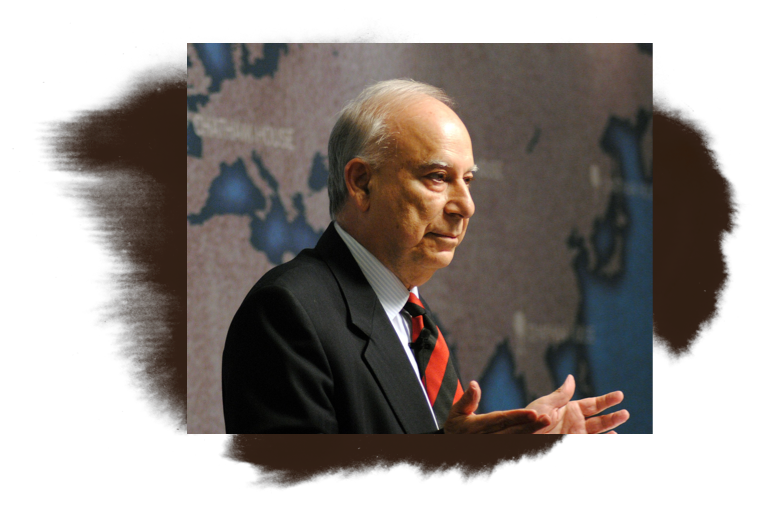
Ambassador Akbar Ahmed
Presents the Life and Travels of Ibn Battuta
Ambassador Akbar Ahmed is a professor of International Relations and holds the Ibn Khaldun Chair of Islamic Studies at American University in Washington, DC. He is a Cambridge and University of London-educated scholar, author, poet, playwright, and filmmaker. The Ambassador has held teaching positions at Harvard and Princeton Universities and has dedicated more than three decades to the Civil Service of Pakistan, where his posts included former Pakistani High Commissioner to the U.K. and Ireland, Commissioner in Balochistan, and Political Agent in the Tribal Areas.
The BBC has called Ahmed “The world’s leading authority on contemporary Islam,” and the Saudi Gazette lauded him as “Perhaps the most influential living authority on contemporary Muslim societies.” Sheikh Hamza Yusuf described him as a “Muslim treasure himself.” Dr. Lord Rowan Williams, the former Archbishop of Canterbury, described him as “perhaps the most distinguished and versatile Muslim scholar in the English-speaking world today.”
Ambassador Ahmed has had a life-long interest in Ibn Battuta and his extensive world travels and search for knowledge.
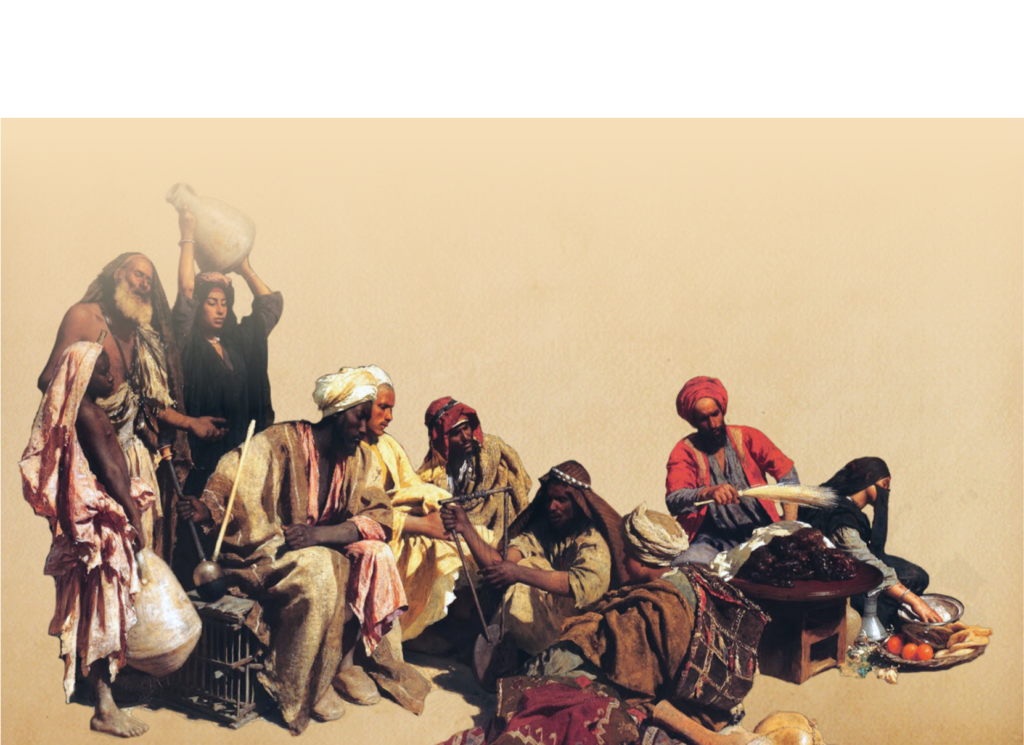
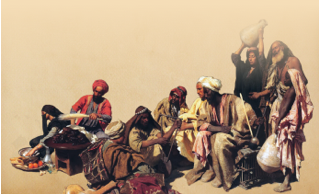
Traveling: it leaves you speechless, then turns you into a storyteller.
– Ibn Battuta


